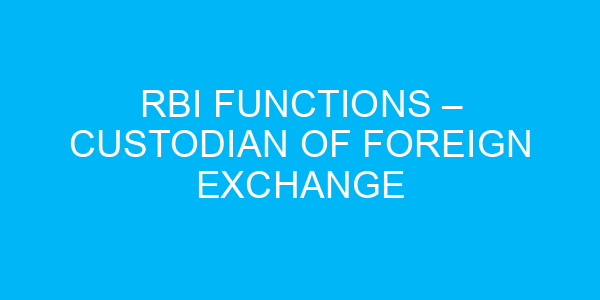21. The Reserve Bank of India (RBI) manages its foreign exchange reserves mainly through:
a) Open market operations in the forex market
b) Direct agreements and swaps with other central banks
c) Investments in internationally recognized instruments and currencies
d) All of the above
22. The Reserve Bank of India (RBI) regulates foreign currency loans taken by Indian entities to ensure:
a) Prudent borrowing practices and risk management
b) Compliance with external commercial borrowing (ECB) guidelines
c) Timely repayment of principal and interest
d) All of the above
23. The Reserve Bank of India (RBI) maintains a consistent and transparent policy framework regarding foreign exchange management to:
a) Attract foreign investors and promote financial market stability
b) Ensure accountability and prevent unauthorized forex transactions
c) Facilitate easy convertibility of the domestic currency
d) All of the above
24. The Reserve Bank of India (RBI) regulates the remittances and outward investments of residents by:
a) Imposing limits and reporting requirements for such transactions
b) Monitoring and preventing money laundering and illegal activities
c) Facilitating fast and secure cross-border money transfers
d) All of the above
25. The Reserve Bank of India (RBI) plays a crucial role in maintaining financial stability and managing risks associated with foreign exchange transactions through:
a) Prudential regulations and capital adequacy requirements for banks
b) Periodic stress testing of banks’ forex exposure and sensitivity
c) Monitoring and reporting of systemic risks and vulnerabilities
d) All of the above




